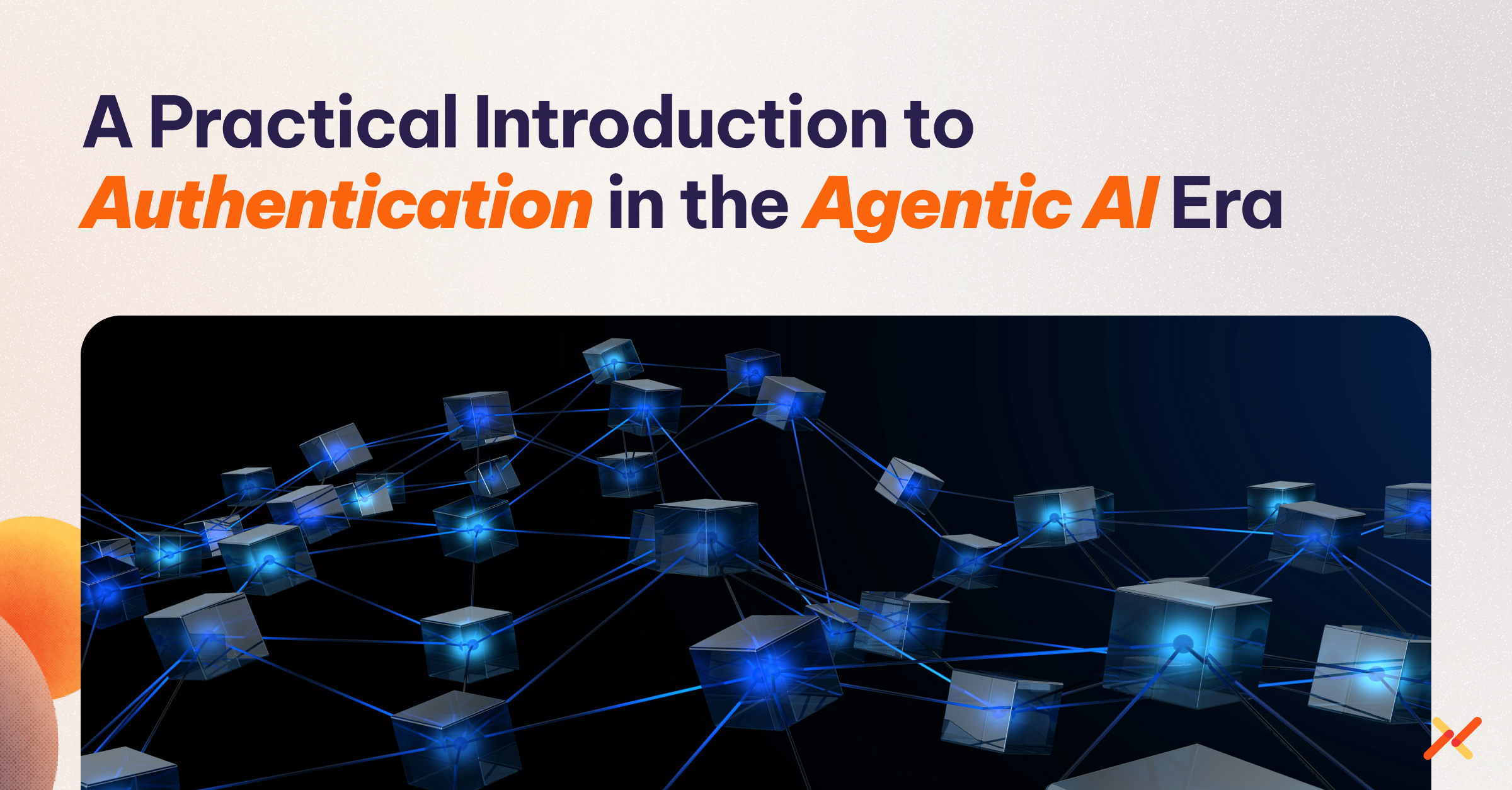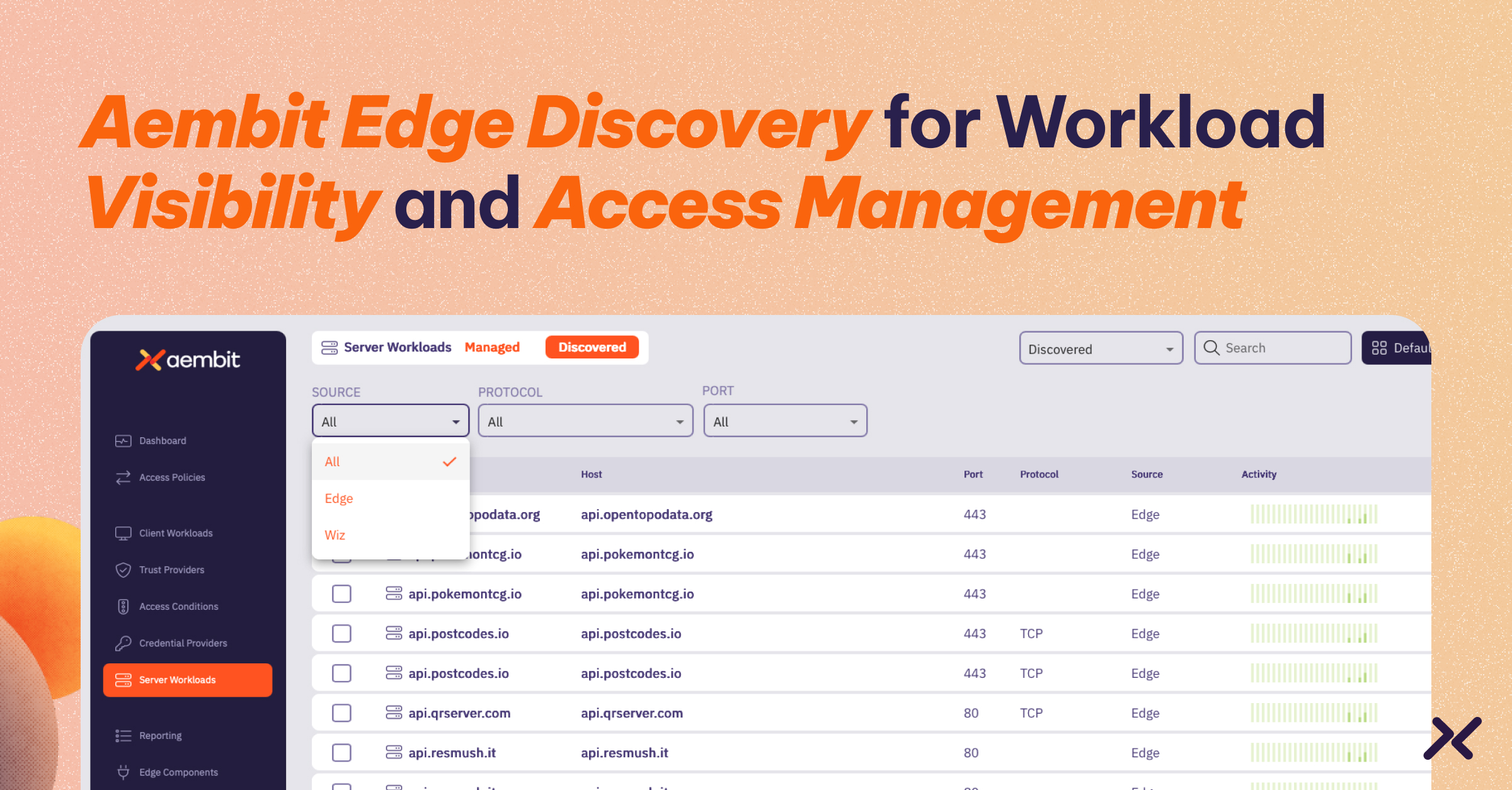We’re excited to officially announce our partnership with Wiz and join the Wiz Integrations (WIN) program. Together, Aembit and Wiz are securing workload-to-workload access, and making Workload IAM responsive to the dynamic conditions of your environment.
Earlier this year, Aembit announced the availability of conditional access, a revolutionary new feature for workload IAM. Foundational Workload IAM grants access to a workload based on identity and a policy. Conditional access extends this further by providing an additional layer of dynamic and adaptable access control.
Joining Wiz’s WIN program enables Wiz to share prioritized security findings with Aembit, including inventory, vulnerabilities, issues, and configuration findings. Aembit can then help mutual customers by using these findings to drive conditional access between workloads.
“We are delighted to welcome Aembit to the Wiz WIN platform,” said Oron Noah, head of product extensibility and partnerships at Wiz. “By collaborating to integrate Wiz security findings into access management, we’re jointly ensuring robust, automated secure access management between workloads, meeting the scale and automation demands of the cloud.
Benefits of Conditional Access
With conditional access, you can define conditions in addition to the verified identity of your application that must be met before access is granted to sensitive resources in cloud, on-prem or via SaaS services. These conditions can include:
Time of day: Restrict access to specific times or days.
Location: Allow access only from authorized locations.
Device: Limit access to specific devices or configurations.
Posture: Define access based on specified security requirements.
Enterprises see a range of benefits by using Workload IAM and conditional access that leverages Wiz security findings:
Enhanced Security: Implement granular access control based on predefined conditions, significantly reducing the risk of unauthorized access.
Reduced Risk: Dynamically adapt access based on real-time context, mitigating the impact of potential security threats.
Improved Compliance: Simplify compliance requirements by ensuring access adheres to specific regulations and policies.
Getting Started
Implementing Conditional Access in Aembit consists of just two steps:
1) Define an Access Condition
An access condition allows you to specify a set of parameters that need to be met. In the case of leveraging data from another application or service, the integration details (such as API endpoint or credential) can also be specified. Based on the access condition defined, you may have additional options. As our integrations evolve, you may be able to leverage more and specific information from a provider such as Wiz.
2) Add Conditional Access to a Policy
Once you’ve defined a condition, you can add that condition to as many policies as appropriate. This allows you to quickly and easily scale an access condition across your infrastructure and a range of different policies.
Availability
Conditional access with Wiz is generally available today. The feature is available within our newly created ‘Enterprise’ tier.
If you’re using our ‘Free Forever’ tier (sign up here), we can enable conditional access for you to test it out yourself.
The Workload IAM Company
Manage Access, Not Secrets
Boost Productivity, Slash DevSecOps Time
No-Code, Centralized Access Management






